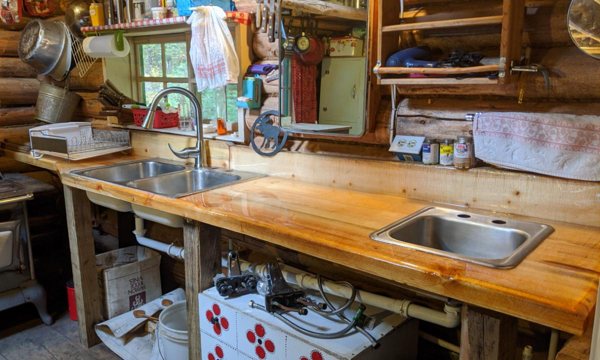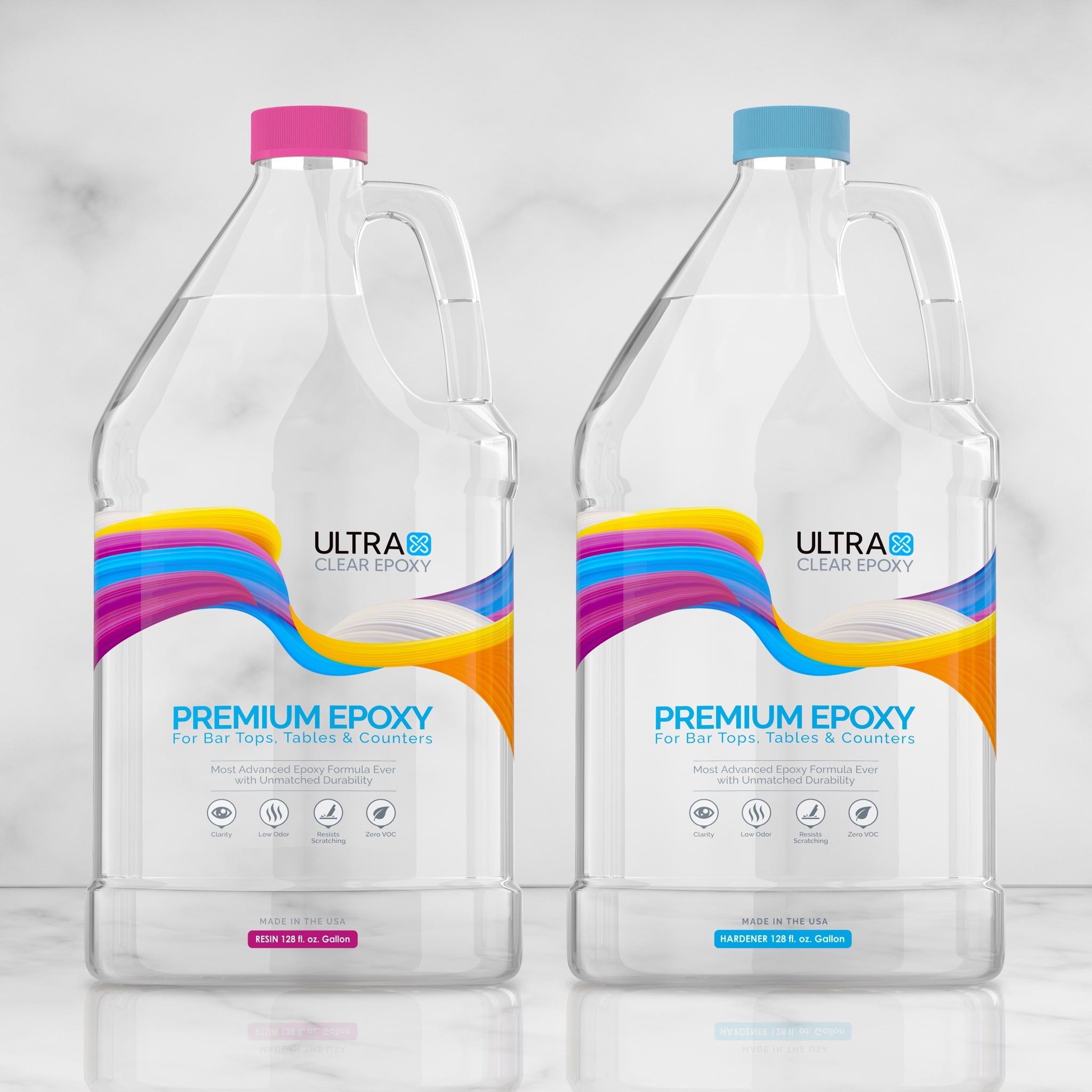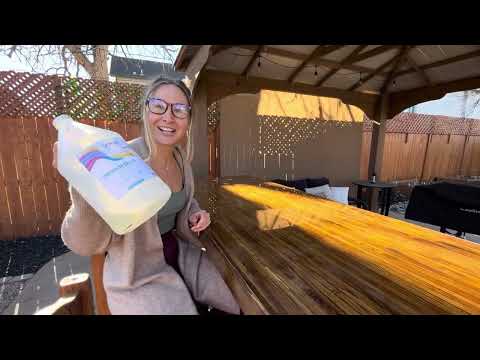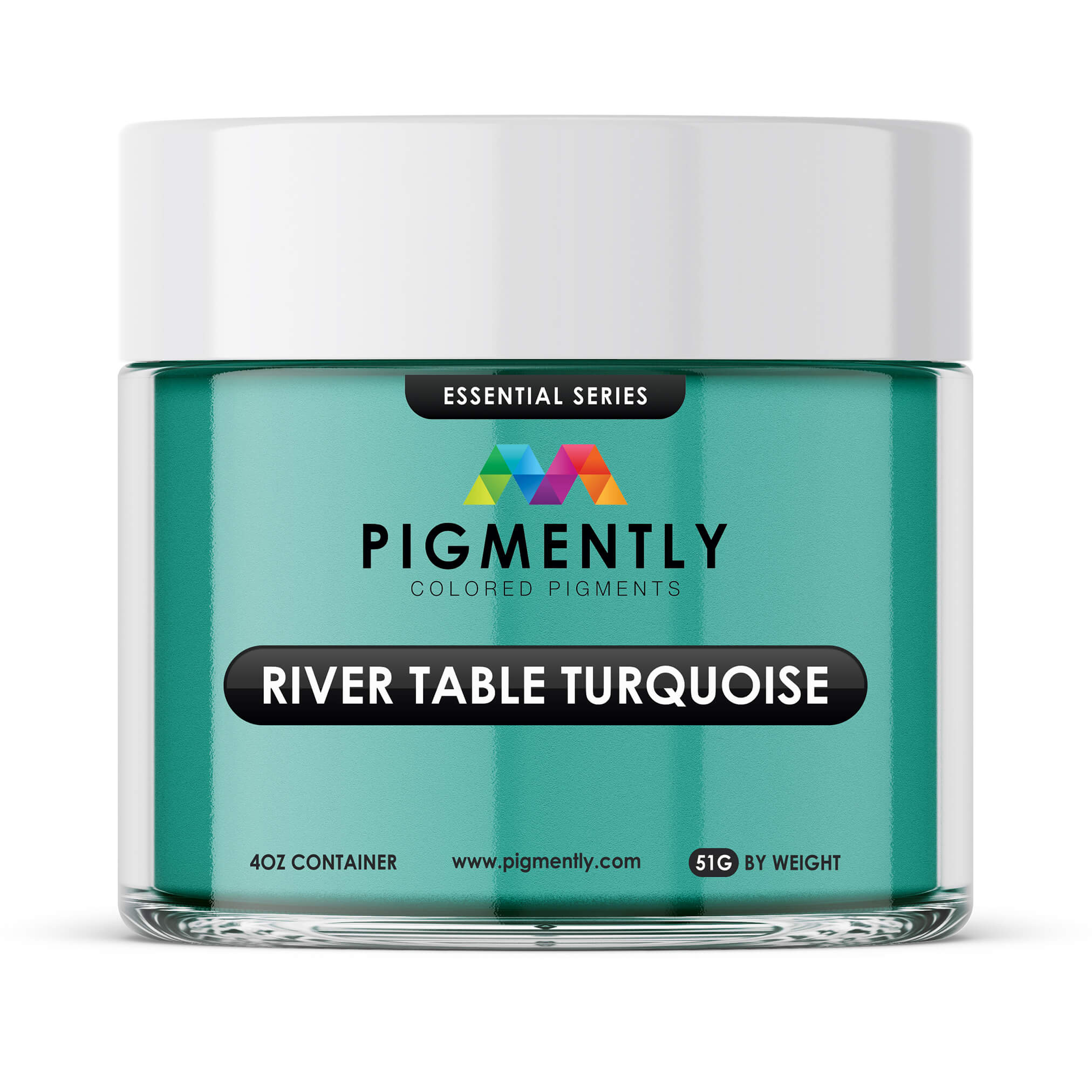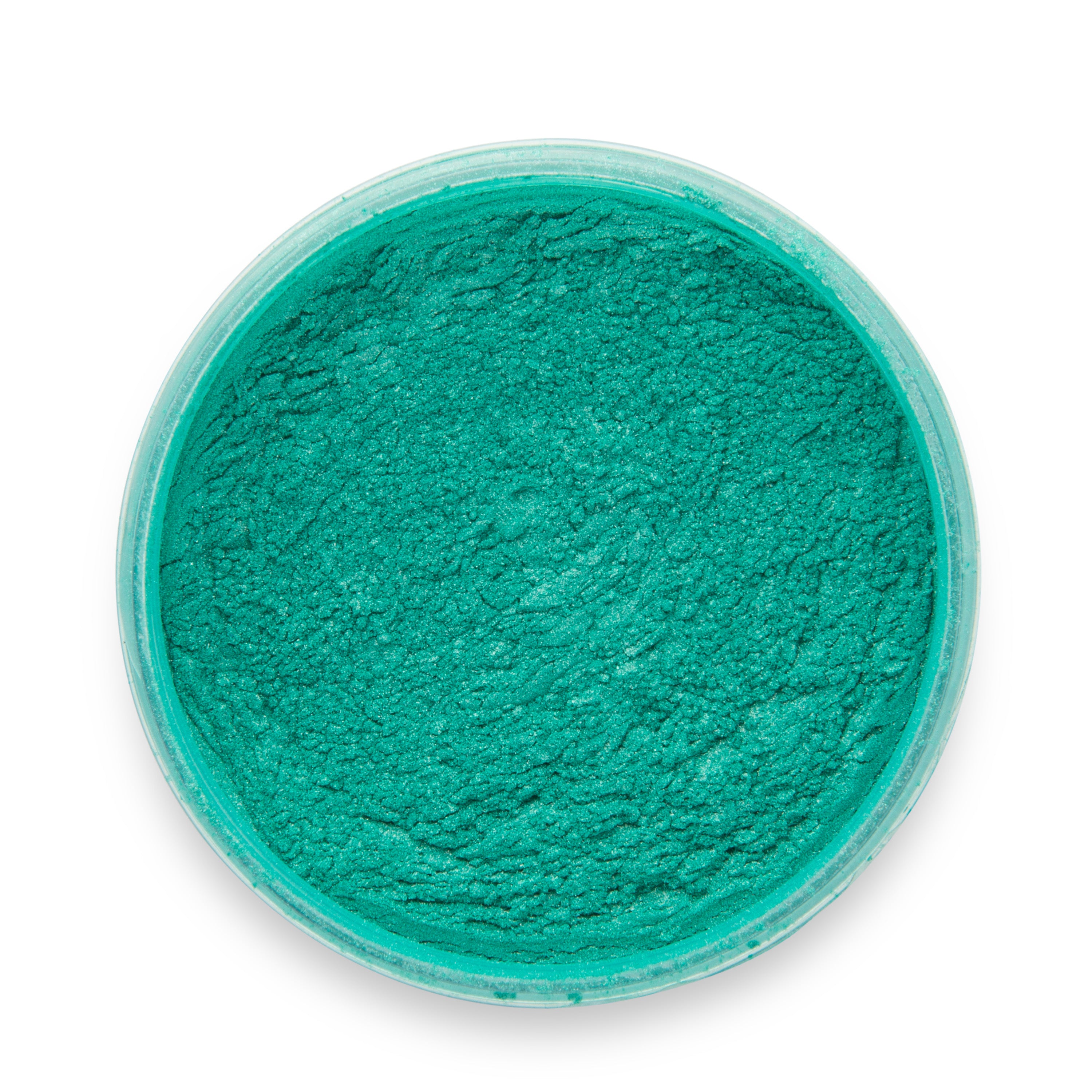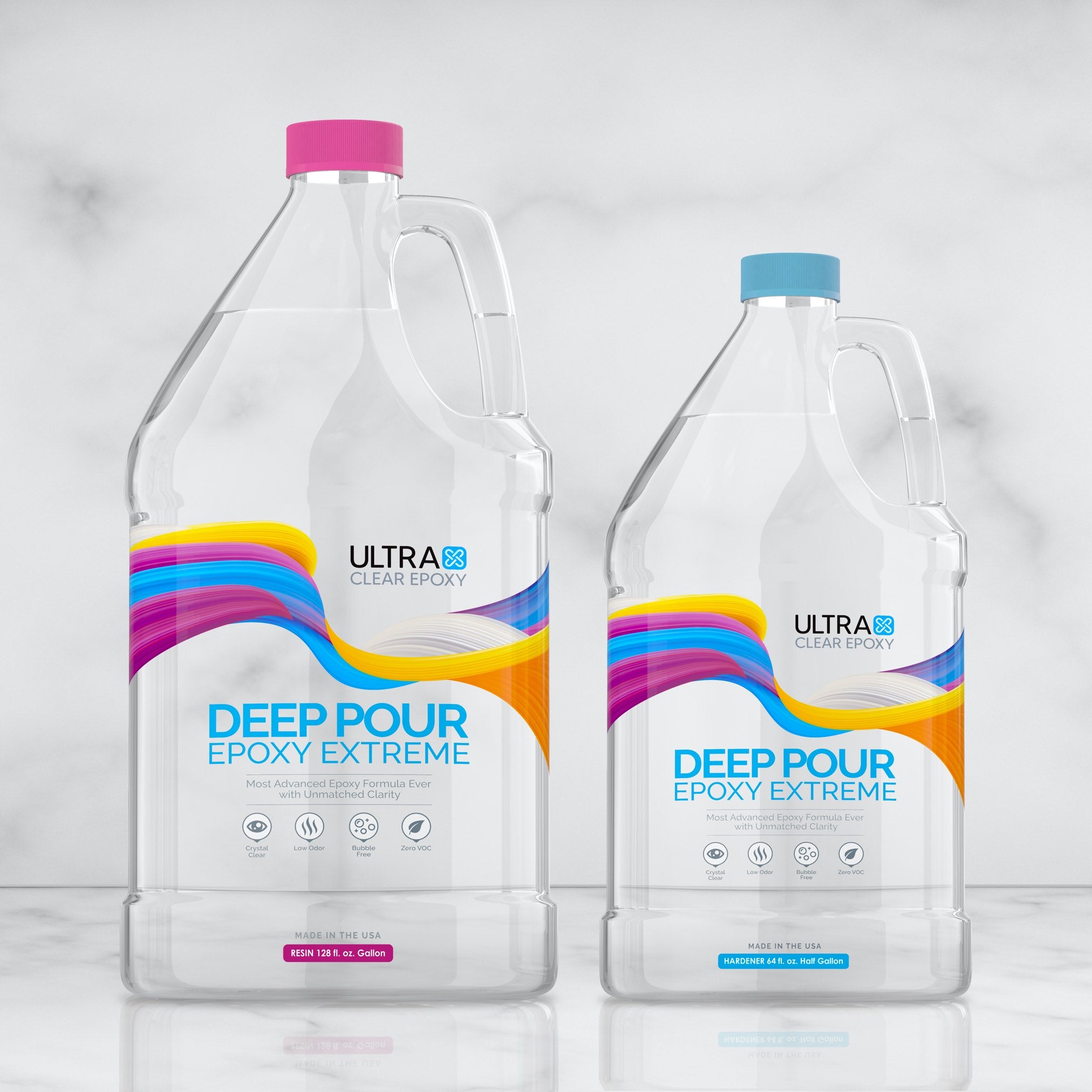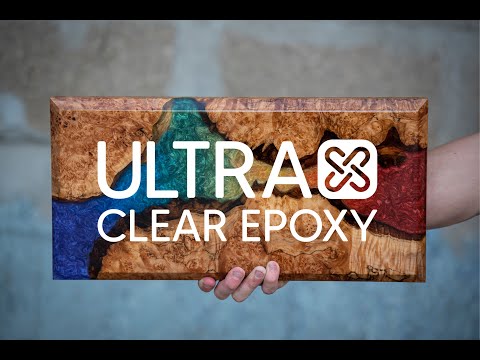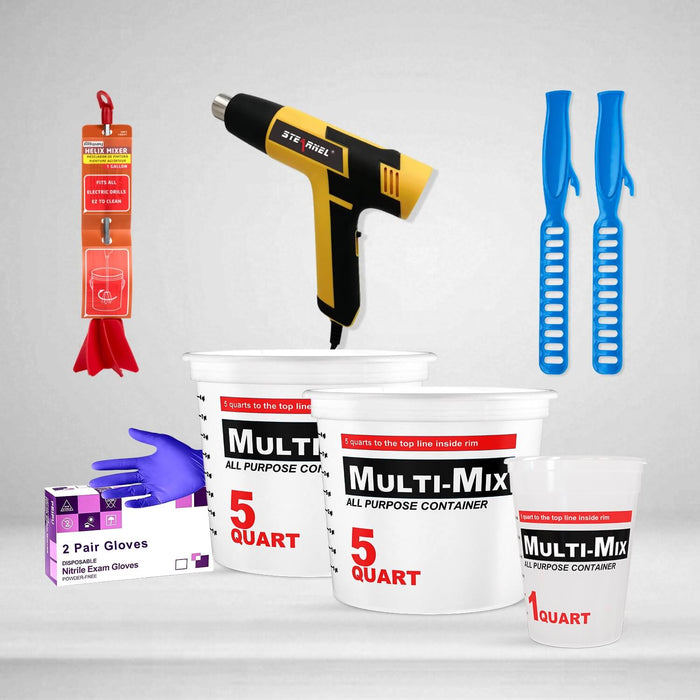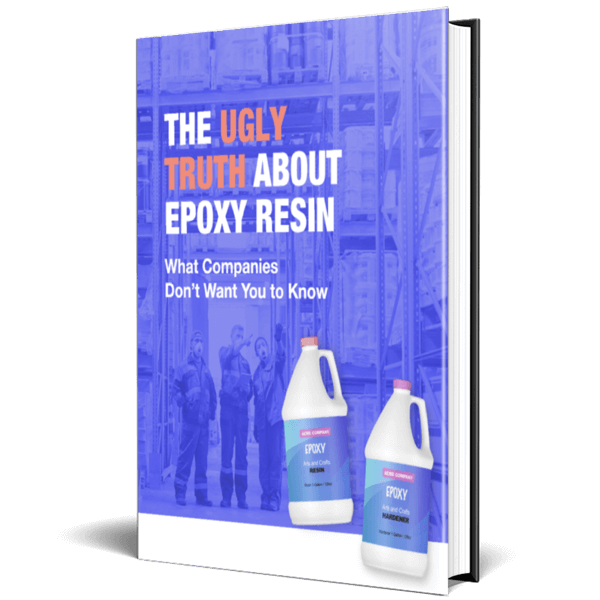An epoxy countertop is an exciting project to undertake, because there are so many ways to customize it.
Whether you choose to create a more understated display or aim for something colorful and eye-catching—or even if you just elect to keep it crystal clear to showcase what's underneath, you'll still end up with something unique.
But planning one of these projects can be a bit daunting. That's why we have a series of guides and articles to help you make the right decisions for your countertop project.
In this article, we'll discuss the answer to a common question: "Do you need a topcoat on epoxy countertops?"
After that, we'll link to some handy resources that may help you in your planning, and we'll show you where you can get some personal assistance from actual resin experts.
Do you need a topcoat on epoxy countertops?
In most cases, an epoxy coating is all you will need for your epoxy countertop. In fact, epoxy often is considered the topcoat.
This doesn't mean that nothing else ever goes on top of it (some creators even choose to have their epoxy painted), but that it is pretty rare and almost always unnecessary to do so—especially for countertop projects.
Epoxy's few weaknesses aren't resolved by topcoats.
One of the reasons for this is that epoxy doesn't have many weaknesses, and the few it does exhibit aren't generally the type that can be resolved through a topcoating of another material.
For instance, clear epoxy resin has a tendency to yellow over time when consistently exposed to direct sunlight. In some cases, a coat of paint can prevent this—though then the paint will be the target of the UV-radiation emitted by the sun, requiring a different type of maintenance and upkeep.
Instead, one is better of avoiding direct UV light by providing a shelter or mitigating the effects of it by mixing your epoxy with mica powder pigments prior to pouring and curing.
Epoxy resin excels as a surface-level finish.
Not only that, but also epoxy has incredible durability. Its high scratch resistance and waterproof surface are ideal for a countertop exterior. Using a topcoat of something else just takes away from those features.
Epoxy resin is also incredibly easy to clean, owing to its ultra-smooth surfaces. It requires very little maintenance or upkeep, and can easily be replenished every 7 years with just a light sanding, cleaning and a new coating of epoxy.
Ultimately, epoxy countertops don't need non-epoxy topcoats.
While sometimes a topcoat of our UltraClear Bar & Table Top Epoxy is recommended for deep pour epoxy projects, it's almost never necessary to topcoat your epoxy with anything else.
Instead, your best bet is to let the epoxy do its job of protecting and preserving, with your primary role to be keeping it clean. This will reduce upkeep to a minimum and keep maintenance costs negligible.
Additional Resources
Here are some additional resources you may find useful:
- Can you epoxy over old countertops? - Discover how you can prepare your old substrates for an epoxy renovation here!
- Do epoxy countertops scratch easily? - Epoxy is scratch-resistant and strong—but how strong? Learn more here.
- Suggestion Box: Four great ideas for epoxy countertops - See epoxy countertop concepts by other UltraClear users.
Have questions? Want advice? Contact us!
If you have any questions about epoxy countertops, or if you'd like assistance in planning an epoxy project, please reach out to us at UltraClear Epoxy—our epoxy experts are ready to assist!
You can contact us via phone or email here. During business hours, you can also text chat online with one of our resin specialists by clicking the Help button at the bottom of your screen.
In our online store, you'll find a variety of useful tools and supplies, ideal for resin projects, plus our award-winning UltraClear Bar & Table Top Epoxy and our UltraClear Deep Pour Epoxy.

